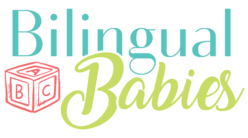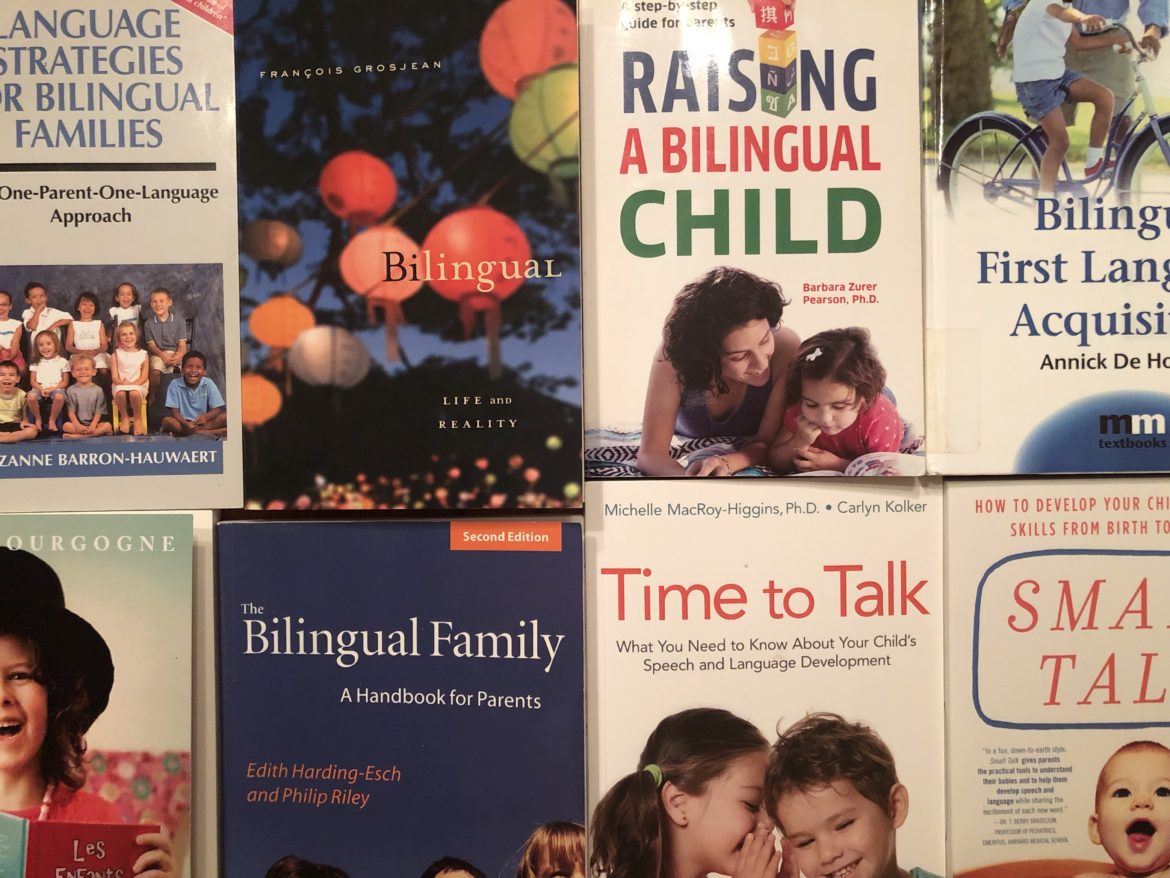Books about bilingualism? Here are my first two recommendations … check back next week for more to come!
Maximize your child’s bilingual ability (Adam Beck)
Maximize your child’s bilingual ability by Adam Beck is a best seller among parents who raise children with multiple languages. The book is written in a very accessible English and is based on Beck’s experiences as a father of two bilingual (Japanese and English) children.
The book is split into two sections: perspectives and principles. In the first section, Beck shares 30 perspectives or ‘ways of thinking’ about the bilingual journey. He invites parents and teachers to reflect on their opinions and viewpoints with regard to raising bilingual children. In the second part of the book, Beck then translates the ‘ways of thinking’ into 30 action items or “principles” such as “Read Aloud Every Day” or “Play Games Together.” Throughout the second part of the book, Beck offers great, practical ideas for the day-to-day life with multiple languages.
Overall, Maximize your child’s bilingual ability provides a number of practical and hands-on approaches, tips, and strategies. Beck’s style of writing is very entertaining and full of anecdotes that will help you reflect on your own situation.
Bilingual: Life and reality (Francois Grosjean)
Bilingual: Life and reality by Francois Grosjean is not exclusively focused on bilingual parenting. It also includes bilingual education. So compared to other bilingual parenting books, it casts a wider net and takes a slightly more academic approach to the topic of bilingualism.
Grosjean writes in a clear way and sprinkles in personal anecdotes and examples to illustrate his points. He unravels myths and misconceptions, connecting research findings with real life examples. He looks at a number of different bilinguals from the child who acquires two languages from birth to adults who learn an additional language.
Personally, I very much liked the first chapter of the book: Who is a bilingual? Right from the very beginning, Grosjean makes the important point that ‘a bilingual’ is not the sum of two monolingual speakers. He highlights that there are different degrees of bilingualism because we use our languages for different purposes and in different contexts. As an ambitious parent, you may find that chapter helpful because it puts bilingualism into perspective. In other words, it’s totally normal if your child is stronger in one of her languages.
Overall, it’s a great read for parents who are interested in a somewhat deeper dive into the topic of bilingualism.



